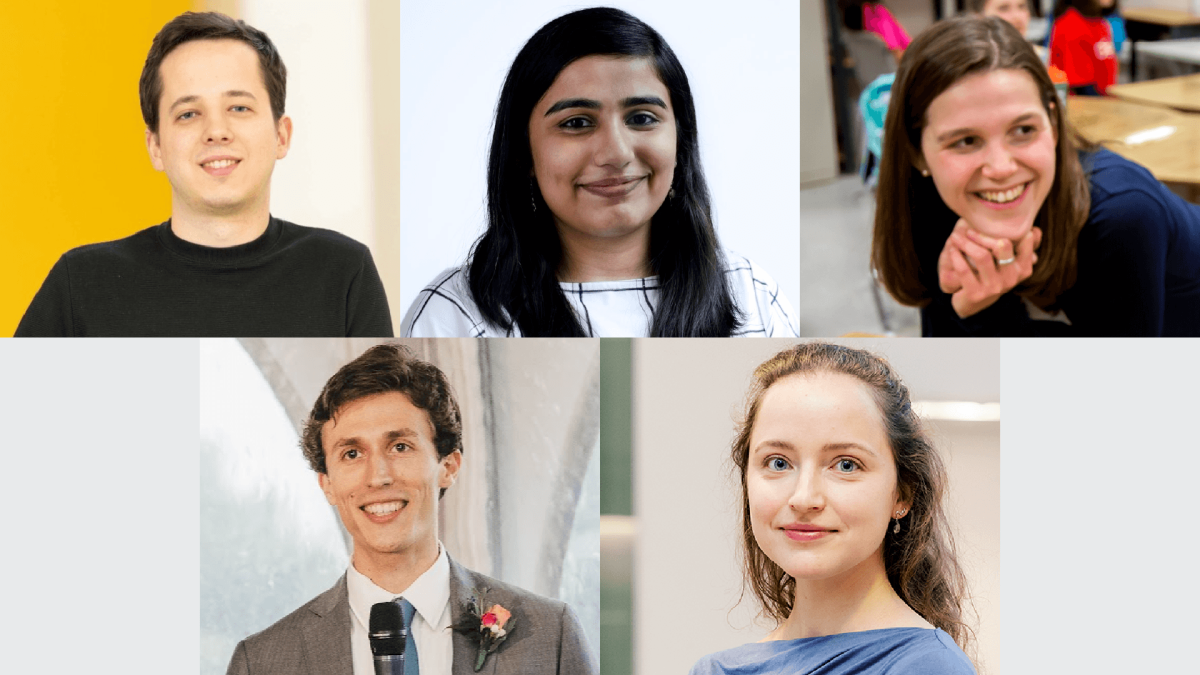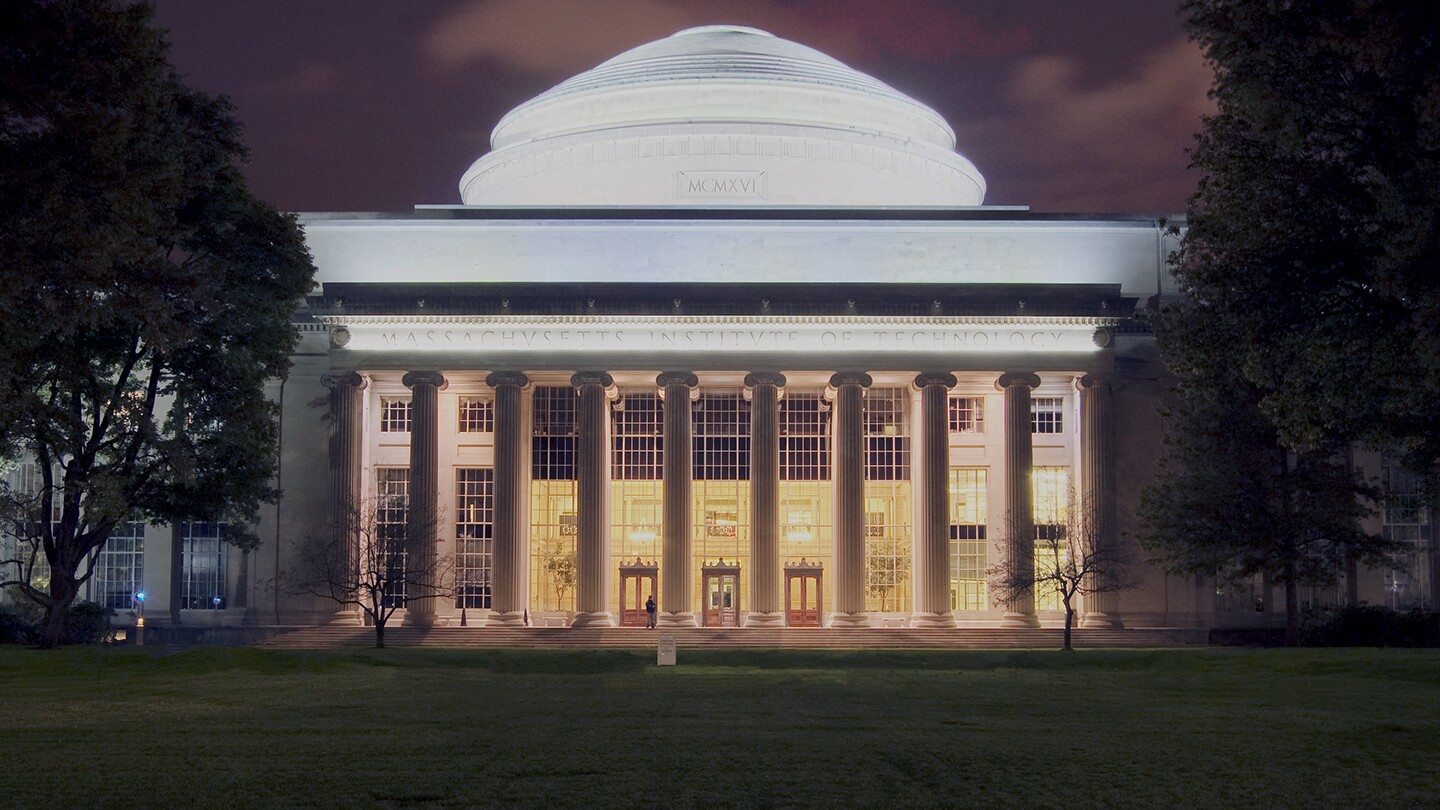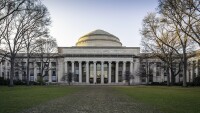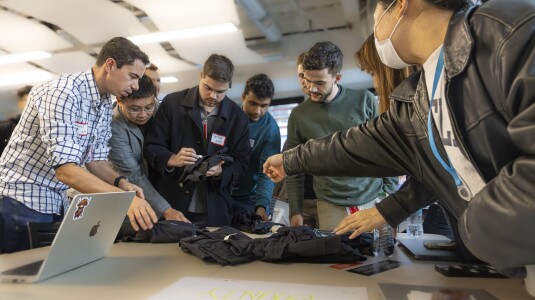Amazon and MIT announced that five MIT doctorate students have been named as the first set of Amazon Fellows as part of the Science Hub.
The Science Hub, a collaboration between MIT and Amazon established in October 2021, supports research, education, and outreach efforts in areas of mutual interest. Administered at MIT by the Schwarzman College of Computing, the hub aims to expand participation in AI, robotics, and other fields, and ensure the benefits of this research are shared broadly.
The fellows will each receive funding to conduct independent research projects at MIT in the fields of artificial intelligence and robotics across multiple disciplines. What follows are the fellows and their areas of research.

Ekin Akyürek is a PhD student studying artificial intelligence through natural language processing and machine learning at the MIT Computer Science and Artificial Intelligence Laboratory under professor Jacob Andreas. Akyürek is researching ways to improve sequence modeling for language processing and understanding. His recent work aims at understanding simple biases that will enable neural sequence models to achieve the types of generalization that humans do naturally.
Aparna Balagopalan is a PhD student in the Department of Electrical Engineering and Computer Science in the Healthy ML group under professor Marzyeh Ghassemi. Balagopalan’s research focuses primarily on developing interpretable and robust models by carefully re-evaluating and surfacing assumptions in machine learning-based measurements in socially-relevant contexts.
Anastasia Ostrowski is a PhD student and design researcher at the MIT Media Lab in the Personal Robots Group studying under professor Cynthia Breazeal. Her work focuses on equitable design of robots, including co-design and participatory design approaches. Ostrowski has published in human-robot interaction and design research conferences, including receiving the Best Paper Award at the 2021 IEEE International Conference on Robot & Human Interactive Communication.
Mycal Tucker is a PhD student in the Department of Aeronautics and Astronautics, working with Julie Shah, the H.N. Slater Professor of Aeronautics and Astronautics and head of the Interactive Robotics Group at CSAIL. Tucker focuses on explainability and interpretability of robotics and AI systems. His research includes custom-built neural models, and probes to understand the linguistic properties of natural language processing models, and representation learning for human understanding.
Greta Tuckute is a PhD student in the Department of Brain and Cognitive Sciences, working with Ev Fedorenko, an associate professor of neuroscience and an investigator with the McGovern Institute for Brain Research. Tuckute works at the intersection of neuroscience, artificial intelligence, and cognitive science. Her research interests also include how language is processed in the biological brain, comparing representations learned by artificial systems and humans, and how we can leverage insights about the brain within the field of AI.







